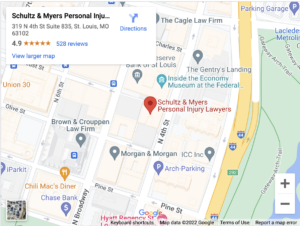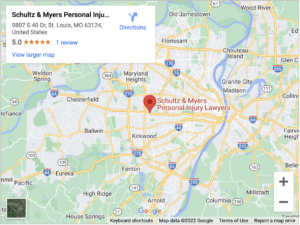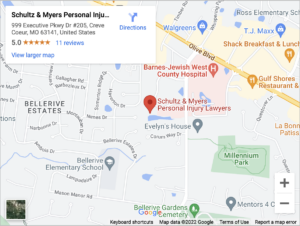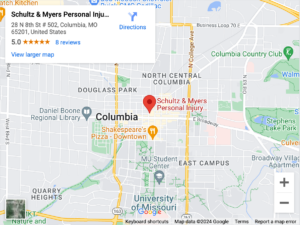
Out-of-pocket cost refers to any money you must pay “out of your pocket” for expenses related to a personal injury or accident. Most of the financial loss a person incurs as a result of an accident falls into the category of medical bills or lost wages.
However, there are other costs and expenses an injured victim has to pay. Those “out-of-pocket” expenses can be included in a personal injury claim. However, you must have proof of the out-of-pocket expenses incurred to demand reimbursement from the at-fault party or their liability insurance company.
Examples of Out-of-Pocket Expenses in a Personal Injury Case
In addition to your medical bills and loss of income, other economic damages you could incur related to your personal injury include:
Expenses Related to Medical Care
The costs of treating injuries are not limited to bills from doctors, hospitals, and other medical providers. You may incur other expenses related to your care that you pay out of your pocket. Out-of-pocket costs include:
- Over-the-counter medications
- Prescription medicine
- Medical supplies, such as bandages, alcohol swabs, etc.
- Medical equipment, including portable toilets, wheelchairs, crutches, hospital beds, respirators, etc.
Typically, health insurance plans pay bills from medical providers if the person has health insurance coverage. However, your health insurance company will assert its right to subrogation if you receive a settlement or jury verdict. Subrogation is the right to reimbursement from your monetary award.
Personal Care Expenses
If you cannot care for yourself because of your injury, you might need to pay someone to assist you with basic activities of daily living. These activities could include bathing, dressing, grooming, and eating. The cost of personal care may not be covered by health insurance, so that expense comes out of your pocket.
Household Services and Childcare
Your injuries could prevent you from caring for your children or performing household chores. For example, a back injury from a car accident could prevent you from picking up anything over five pounds, standing to do the dishes, bending to pick stuff, or sweeping and mopping the floor.
In that case, you might need to hire someone to help you with household chores and childcare. As with personal care, you will likely pay these expenses directly.
Travel Expenses
Going back and forth to doctor’s appointments and medical treatments can be expensive. You can include gas, vehicle costs, and parking fees in your claim for out-of-pocket expenses.
You can also include the cost of paying someone to take you to medical appointments. Likewise, the cost of taking public transportation if you cannot drive or do not own a motor vehicle is an out-of-pocket expense.
Some people may need to travel out of town for medical treatment. If so, you can include the cost of travel and meals in your claim.
Modifications To Your Vehicle and Home
Permanent disabilities and impairments might make navigating through your home or riding in your car difficult.
For example, you might need to install a ramp at your home for wheelchair access or widen doorways in your home for your wheelchair. Likewise, your vehicle may need modifications to accommodate a wheelchair or other medical device.
These modifications can be expensive. However, if they are necessary, they can be included in a claim for out-of-pocket expenses.
The “Reasonable and Necessary” Test for Out-of-Pocket Expenses

An insurance company might challenge your expenses as being unnecessary or unreasonable. If so, you need evidence proving the expenses were reasonable and necessary.
First, you must prove the expense was necessary. Therefore, you need a statement from your physician explaining why your injury resulted in the need for the service or product.
For example, suppose your doctor restricted your movement during recovery. If so, you might need a bedside toilet. To justify the expense, your doctor would need to write a statement explaining why your injury prevented you from going further than the side of your bed.
Second, you need to prove the expense was reasonable. That might require you to compare costs to prove the expense you paid was reasonable based on the market.
For example, if you purchased a bedside toilet, you might need two or three statements from different companies showing the cost of the bedside toilet. The cost comparison shows that you paid a reasonable price for the item compared to what other companies charge.
Third, you need proof you paid the expense. Therefore, keep detailed and accurate records of all out-of-pocket expenses.
It can be helpful to create a list stating the date, amount, and description of the expense. Attach a copy of the bills, invoice, and/or receipt showing that you incurred the expense and paid the cost.
Schedule a Free Consultation With Our Personal Injury Lawyers

You deserve compensation for every dollar you lost because of an accident or personal injury. At Schultz & Myers Personal Injury Lawyers, we fight to get you the maximum compensation for your damages.
Call us to schedule your free consultation at (314) 444-4444 with one of our experienced personal injury attorneys.





